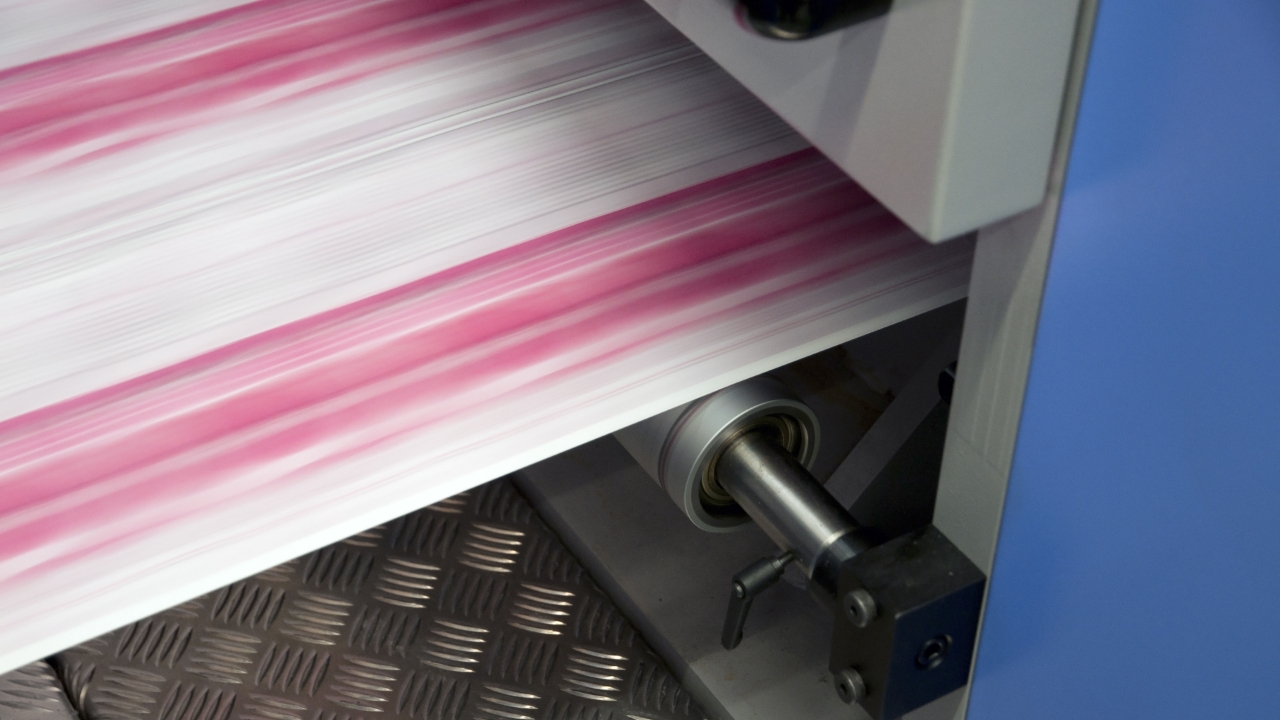Dow introduces HMB-6301 Masterbatch
Dow Performance Silicones, a global business unit of DowDuPont’s Materials Sciences division, has launched Dow Corning HMB-6301 Masterbatch, an advanced silicone-based technology designed to address claimed drawbacks of standard slip agents.

Dow Corning HMB-6301 Masterbatch is engineered for BOPP and PP cast films used mainly in food packaging, namely bags, wrappers, packages and pouches, with European Union food contact compliance and US FDA food contact approval in process. It is suitable for both sequential and simultaneous stretching lines. The material is supplied in easy-to-handle, free-flowing pellets and is available globally.
Dow Performance Silicones identified drawbacks of standard slip agents as including continuous migration from the film surface, and degradation of slip performance over time and sensitivity to elevated temperatures. As an example, the company noted that organic waxes, such as erucamide, have been widely used in BOPP film for packaging manufacturing because of their effective slip performance. However, it stated, these waxes readily and continuously migrate from the film surface. Migration can affect the appearance and quality of packaging materials by increasing the haze level of clear film. It can also negatively impact downstream operations such as printing when the additive transfers from the slip-treated face to the corona-treated face during film winding and storage.
Dow Corning HMB-6301 Masterbatch is added only to the outer layer of BOPP film, and as it is non-migrating, there is no transfer from the silicone-treated face to the corona-treated face. By avoiding impact on surface tension of the corona-treated face, HMB-6301 Masterbatch preserves the effectiveness of printing and metallization, according to Dow Performance Silicones.
The technology is also claimed as stable over time and temperature, and the additive will not bloom or significantly affect the optical properties of transparent film.
Stay up to date
Subscribe to the free Label News newsletter and receive the latest content every week. We'll never share your email address.

